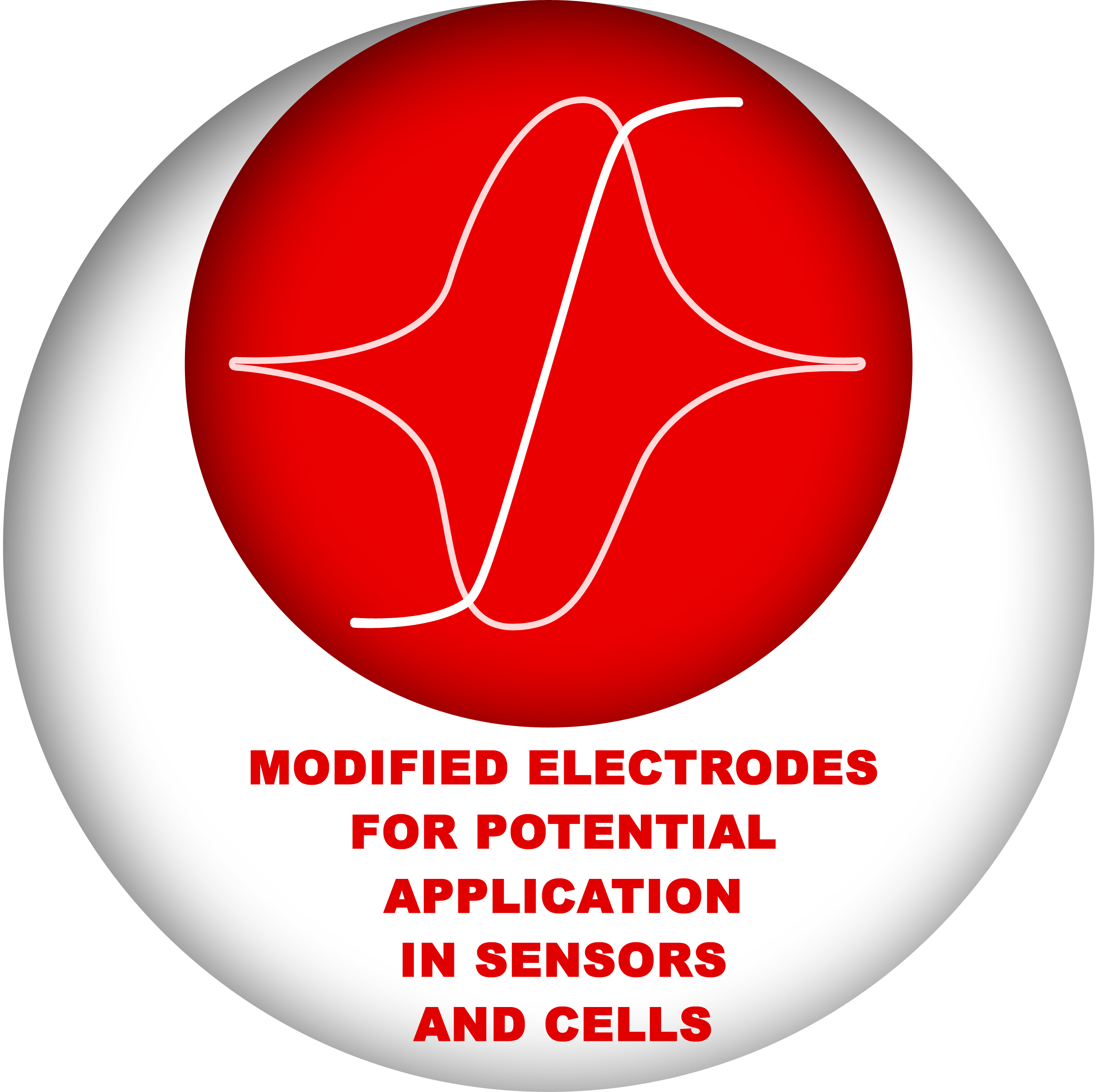Research
Nanoelectrodes for studies of individual biomolecules and kinetics of ultrafast processes
Voltammetry on macroscopic electrodes concerns the measurements of random processes occurring simultaneously. Investigation of on single events, such as nucleation and growth of individual nanoobjects or their collisions with the electrode surface requires engagement of much smaller electrodes. The nanoelectrodes provide background current small enough to carry out such experiments, perform SECM imaging with sub-micrometer resolution and quantitative measurements in restricted volumes, e.g. inside biological cells. Diffusive mass transport in nanoscale is fast enough to allow detailed investigation of rapid processes that cannot be studied with bigger electrodes.
Voltammetric measurements of processes occurring on individual nanostructures require the supporting nanoelectrode which is inert towards studied process. The majority of metallic nanoelectrodes is, however, highly active for faradaic reactions and their applicability is restricted by a narrow electrochemical window. Much wider range of applicable potentials and lack of catalytic activity are attainable with carbon nanoelectrodes. Therefore, we fabricate them by pyrolysis of gaseous hydrocarbons within the quartz nanopipette. Such chemical vapour deposition (CVD) results in amorphous carbon filling inside the pipette reaching its orifice.



